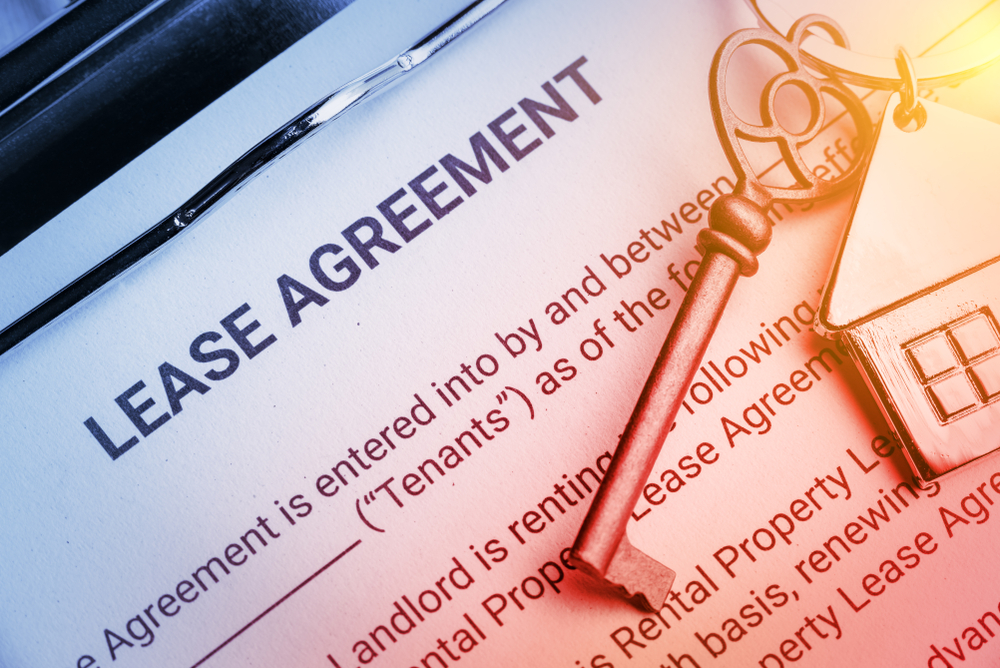
Fixed term agreement vs periodic agreement – which is better?
Setting up your lease agreement is a crucial task for any property owner. Choosing between fixed term and periodic agreements is a significant part of this process, with major implications for you and your tenants. The fixed term agreement vs periodic agreement choice isn’t always obvious, as both options have clear advantages.
Fixed term tenancy agreements provide guaranteed rental income. Month-to-month agreements give you more flexibility in finding new tenants and renovating your property. To help you consider this decision, we’ve put together a guide to the periodic agreement vs fixed term question.
Periodic tenancies – the basics
The absence of a set tenancy period defines a periodic tenancy agreement. Your tenants reside in the property on a rental agreement with no specific end date. These agreements specify regular payment intervals and establish termination notice periods so that you and your tenants can’t drop the arrangement overnight. Typically, tenants can give a shorter notice – around three weeks – while lessors must provide between 30 to 90 days’ notice, depending on the contract and the relevant residential tenancies act.
Considering a periodic agreement
Flexibility is the core advantage for periodic tenancies in the fixed term agreement vs periodic agreement debate. Unlike fixed term leases, when working with a periodic agreement you control when you end the contract. This feature provides multiple advantages. If you fall out with your tenants, or if you need to repair or renovate the property, a periodic agreement can be a blessing. When your rental situation changes for the worse, being able to cancel the arrangement and start again is a big plus. However, the flexibility goes both ways, and your tenants can also enter a termination notice, sometimes vacating in under 30 days and unexpectedly leaving you without rent. If your property is in an area with lower housing demand, this can be a big issue, as you can’t easily find replacement tenants.

What is a fixed term tenancy?
A fixed term lease sets a fixed term agreement between you and your tenants, providing specific dates when tenants will move in and out. During the fixed term, the tenant has a solid surety of tenure. Unless there are serious problems between you and your tenant, they will retain their tenancy for the fixed period, even if you sell the property. When the term specified in the lease ends, you’ll either sign a new fixed-term agreement or shift the lease to a periodic agreement.
The advantages and disadvantages of a fixed term tenancy
The best thing about fixed term leases is the guarantees they give. They guarantee rental income for you and remove the risk of a tenancy unexpectedly ending. This security can help with financial planning. It also saves you time looking for new tenants at unexpected times. However, it’s much harder to get out of fixed term contracts. If you or your tenant need to terminate your arrangement, this becomes an issue. It’s still possible to cancel a fixed-term agreement early, but it is challenging.

Fixed term agreement vs periodic agreement
Both options in the fixed term agreement vs periodic agreement question have advantages. Ultimately, you’ll have to decide which option is best for you. One good way to start is to ask yourself some basic questions about your property.
Is your property in a high-demand area? If so, the risk of a periodic agreement leaving you without tenants for extended periods may not be a substantial concern. Do you foresee the need to receive rent increases in the future? Rent increases are often written into fixed term contracts, helping ensure you won’t miss out on increased rental income.
One thing to remember is your ability to switch between different types of agreements. Don’t panic about making the perfect decision right now. Choices you make today won’t prevent you from changing your mind later. You can change your policies to address any future concerns you and your tenants might have.
Get help from the experts
A property manager is a huge help when making the fixed term agreement vs periodic agreement decision. They can help you consider which choice is right for you, the potential consequences of either option and help you write and formalise agreements. It’s particularly helpful if you can locate a property manager who knows your property area. That way, they’ll be in tune with levels of demand, average rents, and other relevant information.
If you’re looking for a real estate agent Perth trusts, we’re confident that Semple Property Group is the team for you. Our team dedicates itself to providing a service based on ethics, integrity and a personal touch. We’re always happy to help new property owners set up their portfolios and conclude agreements with new tenants.
Related Articles

Where to change addresses when moving house

Where to eat in Perth - our top picks


